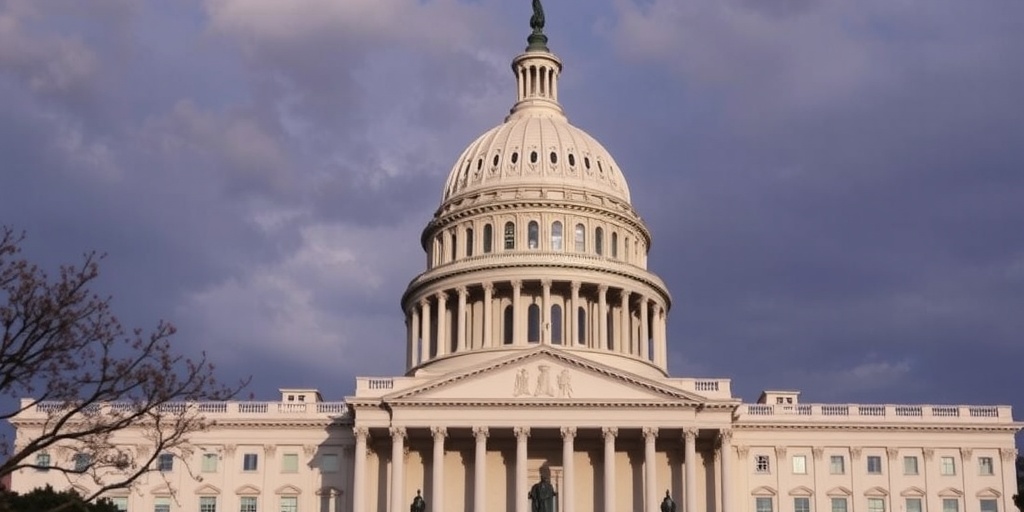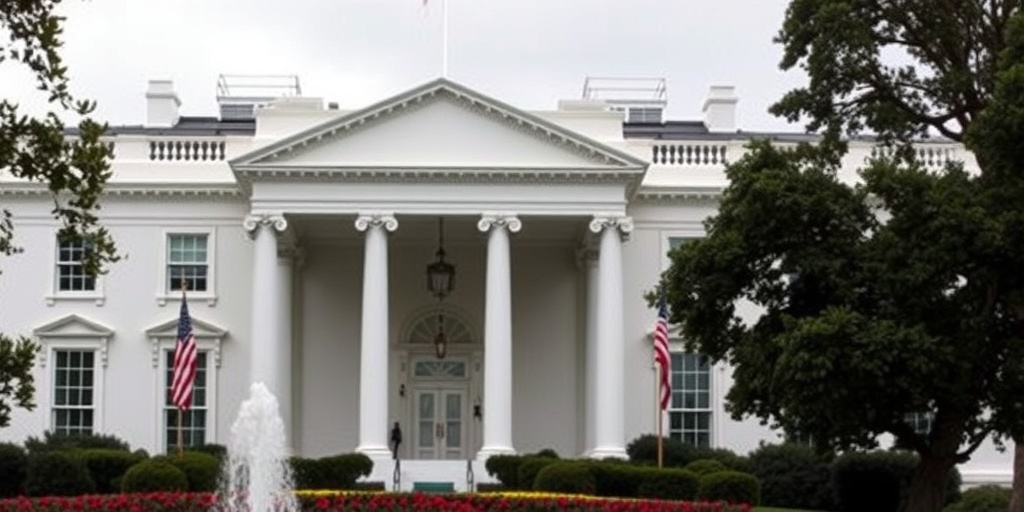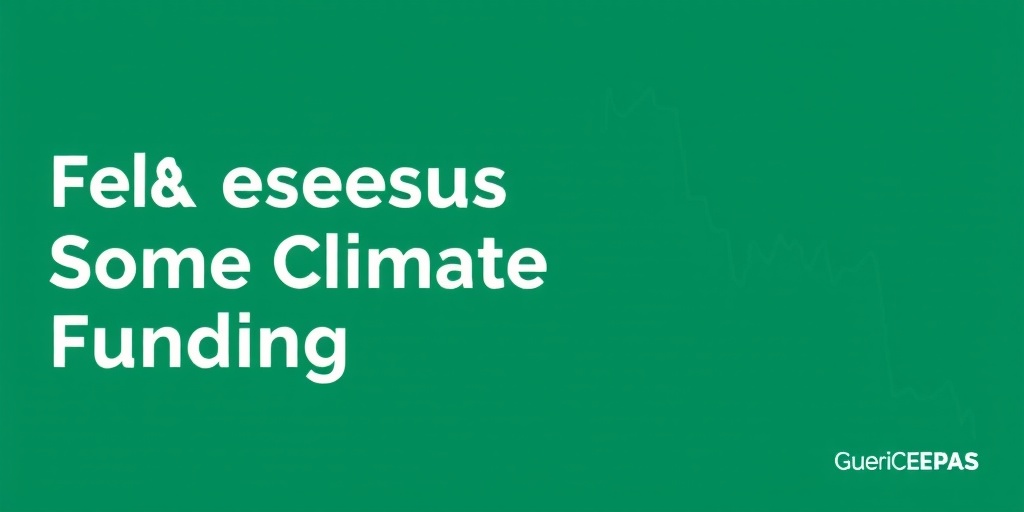Now Reading: Bannon’s Salute, Inspired by Musk, Sparks Criticism from French Right
-
01
Bannon’s Salute, Inspired by Musk, Sparks Criticism from French Right
Bannon’s Salute, Inspired by Musk, Sparks Criticism from French Right

Controversy at Conservative Gathering: Bannon’s Gesture Draws Nazi Comparisons
At a recent conservative event near Washington, D.C., Stephen K. Bannon, a prominent figure in far-right circles and former advisor to President Trump, delivered a provocative speech that ended with a gesture stirring significant controversy. As he rallied the audience by encouraging them to “Fight, fight, fight,” which echoed Trump’s own response after surviving an assassination attempt in Pennsylvania last year, Bannon raised his right arm in a manner reminiscent of a Nazi salute, a move that has since provoked widespread condemnation.
Bannon’s speech was aimed at energizing a right-leaning crowd, suggesting that President Trump should seek a “constitutionally prohibited third term.” This claim, aligning with Bannon’s radical brand of nationalism, aligns with a broader trend in far-right politics that seeks to challenge established norms and legal frameworks. However, the rousing atmosphere of the ballroom quickly turned concerning following Bannon’s salute-like gesture, with some observers, including Jordan Bardella, the leader of France’s far-right National Rally, asserting that it resembled Nazi ideology.
Bardella made headlines by announcing the cancellation of his upcoming speaking engagement at the conference, citing the provocative nature of Bannon’s gesture. In his statement, Bardella expressed disapproval of any references to Nazi ideology at a gathering meant for conservative discourse. This incident underscores a growing tension within European nationalist movements as they navigate their identities and associations with figures like Trump and Bannon, who often embrace more extreme forms of nationalism.
Following Bannon’s controversial gesture, the discourse surrounding it intensified, particularly on social media. Many noted similarities to an incident involving Elon Musk, who had also faced criticism for a similar gesture at a rally just a month prior. Musk had dismissed comparisons to the Nazi salute, but both incidents highlight a troubling trend among right-wing figures who appear to flirt with symbols and gestures associated with fascism.
Eduardo Verástegui, a Mexican actor and producer of the 2023 film “Sound of Freedom,” echoed Bannon’s gesture during his own remarks at the CPAC. He moved his right hand from his heart to a position resembling Bannon’s salute while expressing solidarity with Trump’s movement, further amplifying the provocations of the event. The continued use of such gestures raises questions about the intentions behind them and the attitudes of those who employ them in public settings.
The zealous atmosphere at the conference raises critical issues for nationalist parties across Europe. While many see Trump as a natural ally in the populist movement, the implications of aligning with his brand of nationalism could prove precarious. Trump’s economic policies, which focus on an "America First" philosophy, may conflict with the pledges made by European nationalists, who advocate for similar strategies tailored to their own nations. This dissonance presents a complex challenge for figures like Bardella, who are working to reshape their party’s image following a history marred by accusations of racism and antisemitism.
The far-right has made strides in broadening its appeal among voters, but incidents like those occurring at CPAC risk undermining this progress. Bardella’s decision to withdraw from the conference reflects a cautionary stance towards controversial figures who could jeopardize the National Rally’s attempts to normalize its image and shed its extremist past.
In conclusion, Bannon’s provocative gesture and the subsequent reactions have not only reignited discussions concerning associations with Nazi ideology but have also highlighted the precarious balance that nationalist movements must maintain between identification with populist leaders and the potential liabilities that arise from such associations. The events at CPAC serve as a stark reminder of the continuing tensions within far-right politics and the ongoing struggle to reformulate group identities in a rapidly changing political landscape.
Stay Informed With the Latest & Most Important News
Previous Post
Next Post
-
 01New technology breakthrough has everyone talking right now
01New technology breakthrough has everyone talking right now -
 02Unbelievable life hack everyone needs to try today
02Unbelievable life hack everyone needs to try today -
 03Fascinating discovery found buried deep beneath the ocean
03Fascinating discovery found buried deep beneath the ocean -
 04Man invents genius device that solves everyday problems
04Man invents genius device that solves everyday problems -
 05Shocking discovery that changes what we know forever
05Shocking discovery that changes what we know forever -
 06Internet goes wild over celebrity’s unexpected fashion choice
06Internet goes wild over celebrity’s unexpected fashion choice -
 07Rare animal sighting stuns scientists and wildlife lovers
07Rare animal sighting stuns scientists and wildlife lovers





















